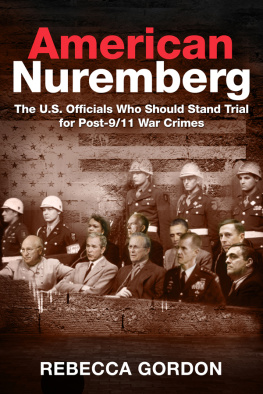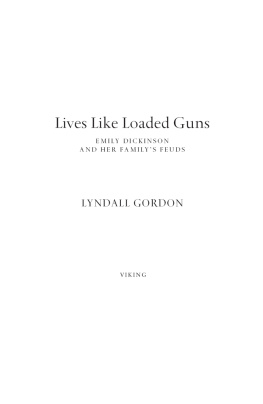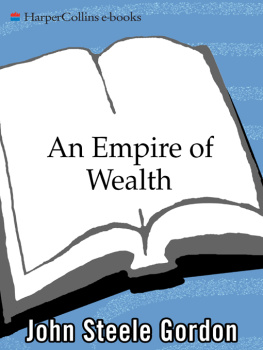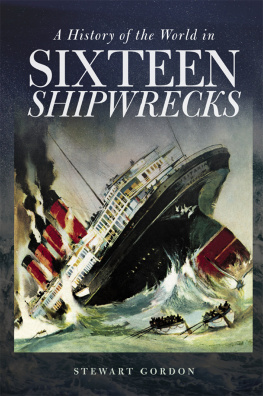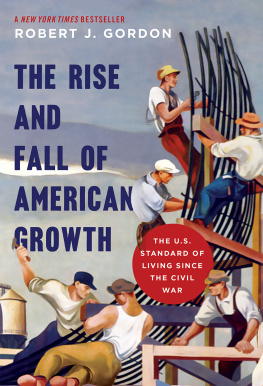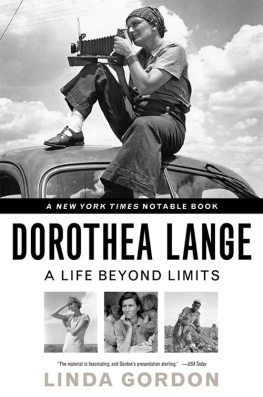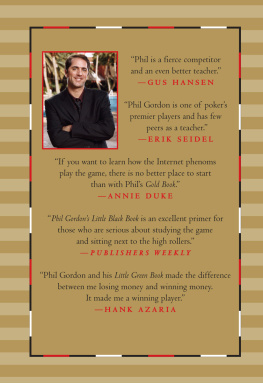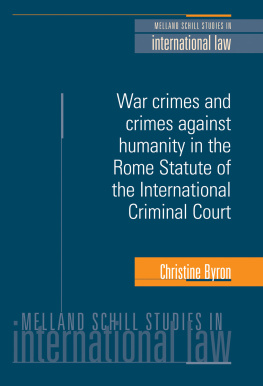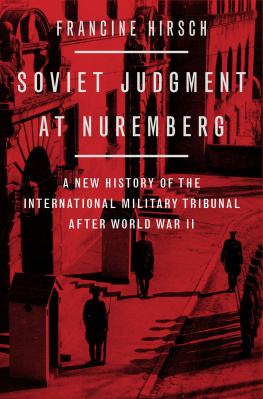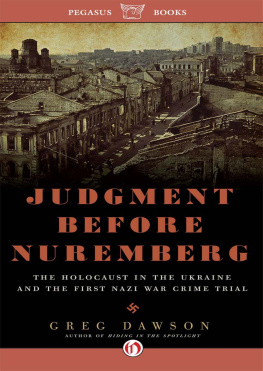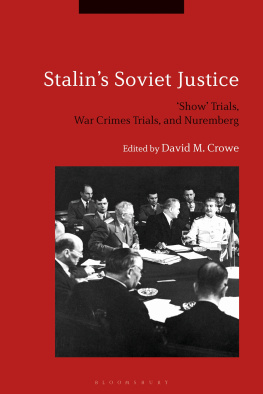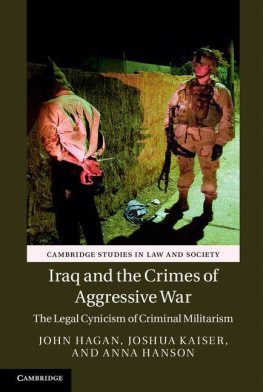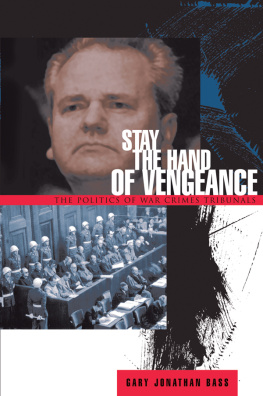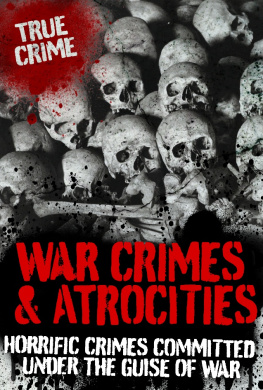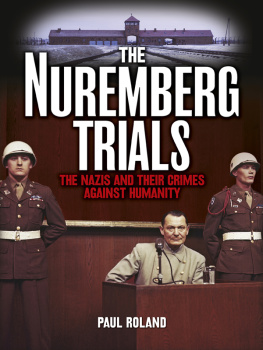Copyright 2016 by Rebecca Gordon
All rights reserved. No part of this book may be reproduced in any manner without the express written consent of the publisher, except in the case of brief excerpts in critical reviews or articles. All inquiries should be addressed to Skyhorse Publishing, 307 West 36th Street, 11th Floor, New York, NY 10018.
Hot Books may be purchased in bulk at special discounts for sales promotion, corporate gifts, fund-raising, or educational purposes. Special editions can also be created to specifications. For details, contact the Special Sales Department, Skyhorse Publishing, 307 West 36th Street, 11th Floor, New York, NY 10018 or .
Hot Books and Skyhorse Publishing are registered trademarks of Skyhorse Publishing, Inc., a Delaware corporation.
Visit our website at www.hotbookspress.com
10 9 8 7 6 5 4 3 2 1
Library of Congress Cataloging-in-Publication Data is available on file.
Cover design by Brian Peterson
ISBN: 978-1-5107-0333-9
Ebook ISBN: 978-1-5107-0338-4
Printed in the United States of America
Contents
________________
To the victims and survivors of the US war on terror
Acknowledgments
________________
M any people have helped make this book possible. Perhaps my greatest debtand that of the countryis to the journalists and researchers who have insisted on bringing the truth to light, even when it seemed no one wanted to look at it. Without their work we would not possess even the partial record we have today of the crimes committed in the war on terror. There are far too many to name them all, but any such list must include Andy Worthington, Jane Mayer, Seymour Hersh, and Jeremy Scahill.
I am especially grateful to several legal scholars who generously reviewed my drafts, reassured me that I was on the right track, and gave me their expert help in getting right the distinctions between the laws of war and human rights law. Any errors that remain in this text are mine alone. These scholars include Jameel Jaffer, Deputy Legal Director of the American Civil Liberties Union (ACLU); Sumner Twiss, Florida State Universitys Distinguished Professor of Human Rights, Ethics, and Religion; and Almudena Bernabeu, Transitional Justice Program Director at the Center for Justice and Accountability (CJA). Almudena especially confirmed my belief that the first essential step in achieving justice for victims of human rights crimes is the public acknowledgement that these crimes have been committed. CJA, together with the ACLU and the Center for Constitutional Rights, are among the most important legal organizations working for the rights of detainees and for accountability for their torturers.
It was David Talbot of Hot Books who brought me this project and convinced me I was the right person to take it on. Thank you, David, for your faith in me, your thoughtful editing, and your vision for this book.
Thanks also go to Jim OBrien, friend and indexer extraordinaire.
Finally, I am beyond grateful for the love and support of my most faithful reader and most honest critic, my partner Jan Adams.
Foreword
________________
W hen Hot Books editorial director David Talbot first approached me about this project, I agreed that it needed to be done. Terrible crimes have been committed in the war on terror. They must be named, and those responsible must be held accountable.
But the proposed title made me very uncomfortable. Like many children of the 1950s and 60s, I grew up in the shadow of the Holocaust. Even on the day before he died, my Jewish father refused to tell me what kind of work he had done during the war for the Office of Strategic Services (OSS), the forerunner of the CIA. I swore an oath, he said. In college, I took a semester of German. I dont even want to hear those sounds come out of your mouth, he said. He never forgave Hannah Arendt for attempting to understand the Nazi mentality in Eichmann in Jerusalem, or the ACLU for helping American Nazis to march in Skokie, Illinois.
I grew up in a country still trying to assimilate the absolute barbarism of the Second World War. Adults around me were struggling to comprehend the feast of self-devouring horror served up by Europe, a continent that only decades before had so smugly shouldered the White Mans burden of civilizing the world. As was true for many Americans of my generation, Nazi Germany became my symbol and shorthand for human evil. And not without reason. The war the Nazis unleashed consumed the lives of between forty-five and fifty-five million Europeans, and another twenty-five to thirty million people in Asia. Twenty-seven million died in the Soviet Union, over fourteen percent of the total population; six million in Poland, seventeen percent of that population.
When I was very young, my parents tried to shield me from the worst of the Holocaust. It would be years before I saw the photographs of those skeletal ghosts, before I understood my schoolmates jokes about soap and lampshades. But I grew up knowing that the heart of darkness lay in Nazi Germany. The corollary, of course, was that my own country, which had fought the Nazis, was a light to the nations, a beacon of righteousness. When the war was over, my country had helped put the Nazis on trial as they deserved. We did it not because we were the winners and could do it, but because we were the wise and the good, and we knew that we should do it.
Because my parents were leftists, however, they wouldnt let me rest in my comfortable bed of American self-righteousness. They gave me another symbol for evil, another bit of shorthand. My mother told me about the atomic bombs my country dropped first on Hiroshima, and then a few days laterjust to make sure the Japanese (and the Soviets) understood what they were facingon Nagasaki. Later I would learn about the Allies crimes: the destruction of German cities like Dresden with firebombs that did more damage and killed more civilians than the German air war on England. I would learn about how, near the end of the war, the United States leveled sixty-seven Japanese cities with incendiary bombs that killed half a million residents outright and burned to ashes the homes of five million more. War crimes, all.
Facing these monumental horrors of the past, I was not thrilled with the title American Nuremberg. Compared with the unimaginable scale of World War IIincluding the genocidal Final Solution, the Allied firebombing of Europe and Japan, and the radioactive ruins of Hiroshima and Nagasakithe crimes of the war on terror seem to be of a much smaller order.
But I have come to appreciate the title of this book and the frame it has offered for this project. US crimes in the war on terror matter. They matter because hundreds of thousands have died, millions have been made homeless, an unknown number have been kidnapped, tortured, and disappearedand because the nation responsible for all this is the most powerful the world has ever known. These crimes matter because impunity is a dangerous thing, both for the souls of the people of this still nominally democratic country, and for the rest of the world, which has to live with us.
There were a few at Nuremberg, like the British journalist Peter Calvocoressi, who hoped and believed that once the Allies were done bringing the Nazi leaders to justice, they would turn to their own crimes. Not surprisingly, it never happened, and by now it is decades too late.
But it is not too late to bring the criminals of the war on terror to justice in an American Nuremberg.

